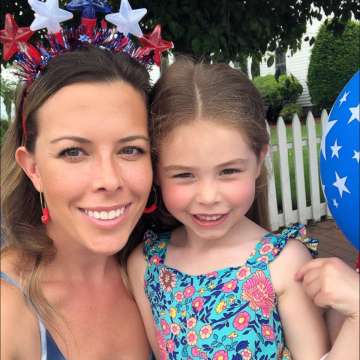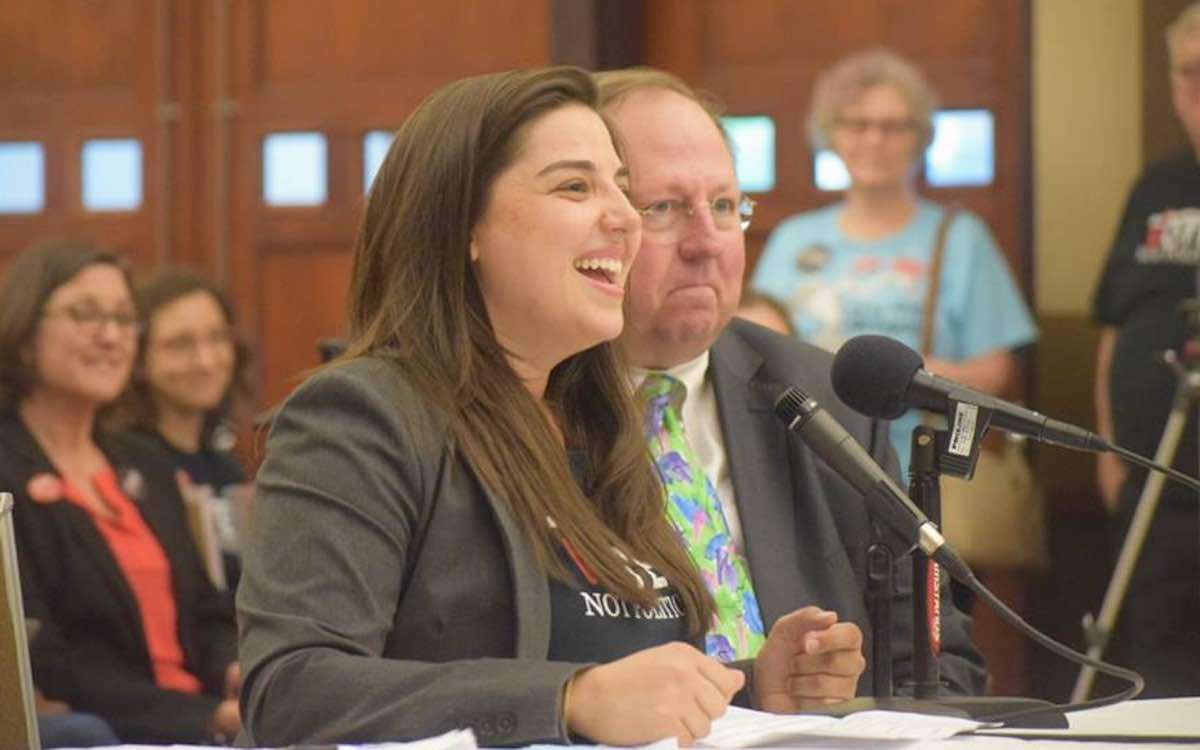In a landslide majority, the people of Michigan successfully passed a proposition that will eliminate gerrymandering for future elections – and it is all thanks to one woman's Facebook post from 2016.
Katie Fahey had been overwhelmed by the amount of negativity on her social media feed following the presidential elections. Though she was a 27-year-old political amateur, she wanted to try and make a change in the political system – so she took it upon herself to address people's distrust in their government by tackling gerrymandering.
"I'd like to take on gerrymandering in Michigan. If you're interested in doing this as well, please let me know," wrote Fahey.
In the hours that followed, the young woman from Caledonia was flooded with messages from interested friends and volunteers across the political spectrum. She created a Facebook group called Voters Not Politicians as a means of rallying her new supporters.
Gerrymandering is the manipulation and redrawing of district boundaries as a means of favoring a political party. Within months of creating the group, Fahey and the Voters Not Politicians organization collected over 400,000 signatures to successfully put districting reform on the 2018 ballot in the form of Proposal 2. Then, they started raising awareness of the proposal.
"The people of Michigan have been locked out of effective change-making opportunities, but we have the power, energy, and drive to create a solution that ends gerrymandering and reinvigorates the very spirit of our democracy," says Fahey on the organization's website.
Finally, after two years of campaigning, Proposal 2 was approved with 61.1% of the vote during last week's Election Day.
It follows in the footsteps of the California measure passed in 2010 that put the duty of drawing Congressional districts into the hands of an independent, transparent commission.
"I knew we could do it. It feels right. It feels perfect," Fahey told Bridge, a nonpartisan Michigan news source, just seconds after hearing about the proposition's approval. "I feel like I believe in democracy still, because part of starting this and doing it this way was a belief that the people could come together and actually make change happen and we have."
Now, instead of allowing district lines to be drawn by the ruling political party behind closed doors, boundary lines will be drawn by a 13-person citizen committee made up of 4 Republicans, 4 Democrats, and 5 people who do not identify with either party.
(WATCH the quick explanation video below) – Feature photo by Voters Not Politicians
Be Sure And Share The Good News With Your Friends On Social Media










Be the first to comment